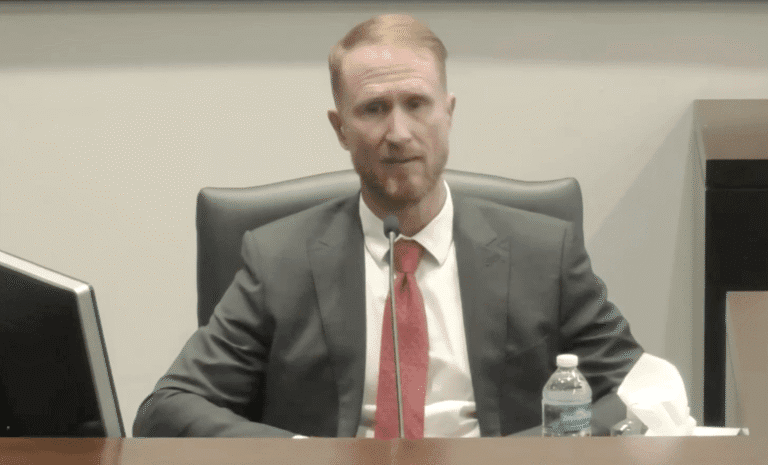Navy Veteran Zachary Young Wins Key Rulings in Defamation Lawsuit
A significant development for Navy veteran Zachary Young came as recent rulings dismissed his defamation lawsuits against major news outlets, including the Associated Press and Puck. These decisions mark the conclusion of Mr. Young’s battle against what he claims were defamatory statements regarding his efforts to evacuate Afghans from the clutches of the Taliban.
Lawsuit Dismissed: Details of the Case
On Friday, Judge William Henry of Florida dismissed the defamation lawsuit against the Associated Press "with prejudice," meaning it cannot be refiled in the future. Alongside this, the lawsuit against Puck, a niche news startup, was also dismissed under similar terms. Following these rulings, Young’s legal team voluntarily withdrew their complaint against U.S. News & World Report.
Allegations and Background
The legal troubles began following a 2021 CNN report that suggested Young was operating within a black market, charging "exorbitant fees" to evacuate Afghans amid the withdrawal of U.S. troops from Afghanistan. Young has consistently asserted that these allegations are false, maintaining that he was aiding corporate clients to safely evacuate personnel from a conflict zone.
Previous Court Rulings
Earlier this year, in a courtroom victory for Young, a jury found that CNN defamed him, awarding him $4 million for lost earnings and $1 million for personal damages. This case was notable for uncorking details about CNN’s editorial operation weaknesses. Following the ruling, there was an undisclosed settlement between the parties, and the journalist behind the article, Alex Marquardt, was later dismissed from the network.
Judge’s Comments on the Dismissals
Judge Henry’s dismissals of the lawsuits were accompanied by pointed comments. He described Young’s claim against the Associated Press as “forced,” likening it to a "reboot of a movie that should not have been made." He asserted that the term "smuggle" was simply a clearer term for the evacuation process rather than an implication of criminal activity.
The AP’s Defense
According to the Associated Press, their report was factually accurate and reflected the jury’s verdict that ruled in favor of Young. Judge Henry noted that the relevant AP headline framed Young’s lawsuit against CNN positively, enhancing the understanding that the network’s use of the term "black market" was incorrect.
Puck Ruling
Judge Henry also supported Puck’s motion to dismiss, stating that the allegations of defamation were unsubstantiated. The judge remarked that the plaintiffs failed to identify clear defamatory phrases in Puck’s articles, which included terms like “panicked locals” and “charging hefty fees.”
Text Messages and Trial Insights
During the CNN trial, evidence emerged revealing text exchanges that showed reporters disregarding warnings from Young about the story’s inaccuracies. Young had clarified how he collaborated with companies such as Amazon’s Audible to legally facilitate evacuations, yet CNN opted for a sensational narrative.
A particularly troubling text from Marquardt displayed an aggressive intent, as he declared, “We gonna nail this Zachary young mf—".
Conclusion: Legal Implications and Future Actions
Zachary Young’s legal battles spotlight broader issues related to journalism ethics and the responsibilities of media outlets when reporting sensitive stories. While he has secured compensation from CNN, the recent rulings against other media platforms bring closure to a contentious chapter.
For ongoing updates on legal hurdles and media ethics in journalism, follow relevant topics on major news platforms like the Associated Press and CNN.
Related Key Topics
- Defamation Law
- Media Ethics
- Veterans Affairs
- Journalistic Integrity
For an in-depth look at the legal ramifications of defamation suits in modern journalism, explore sources such as Reuters and The Guardian.


